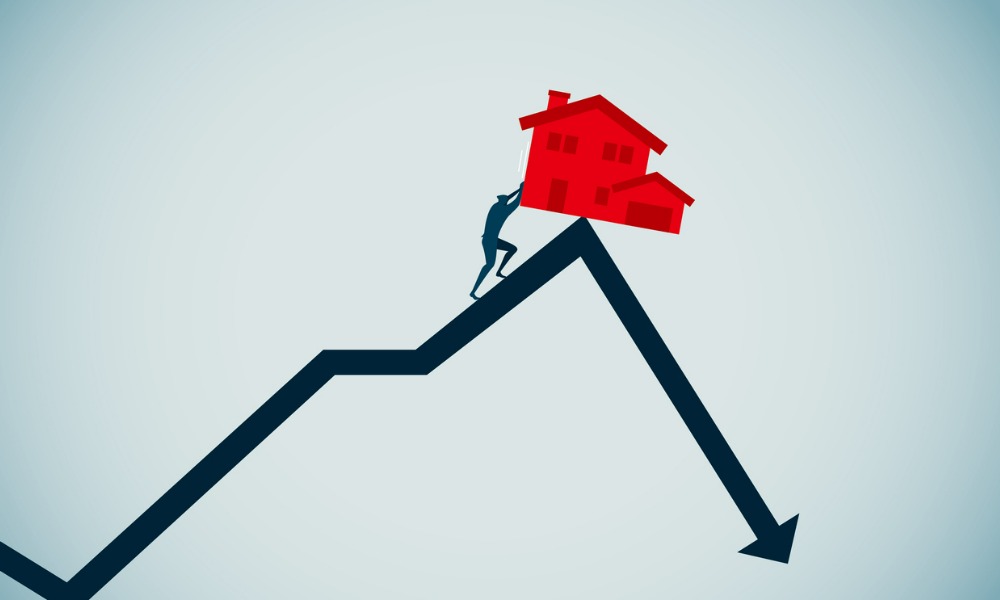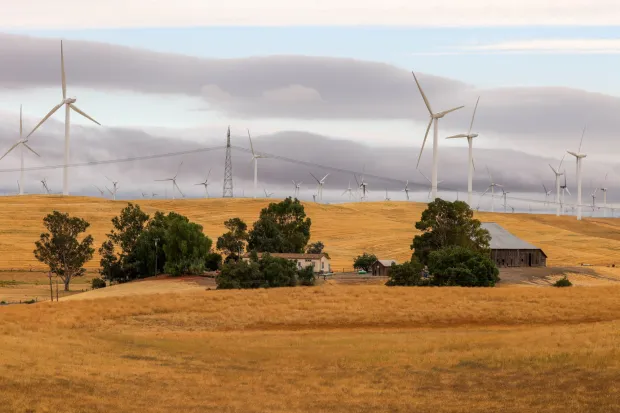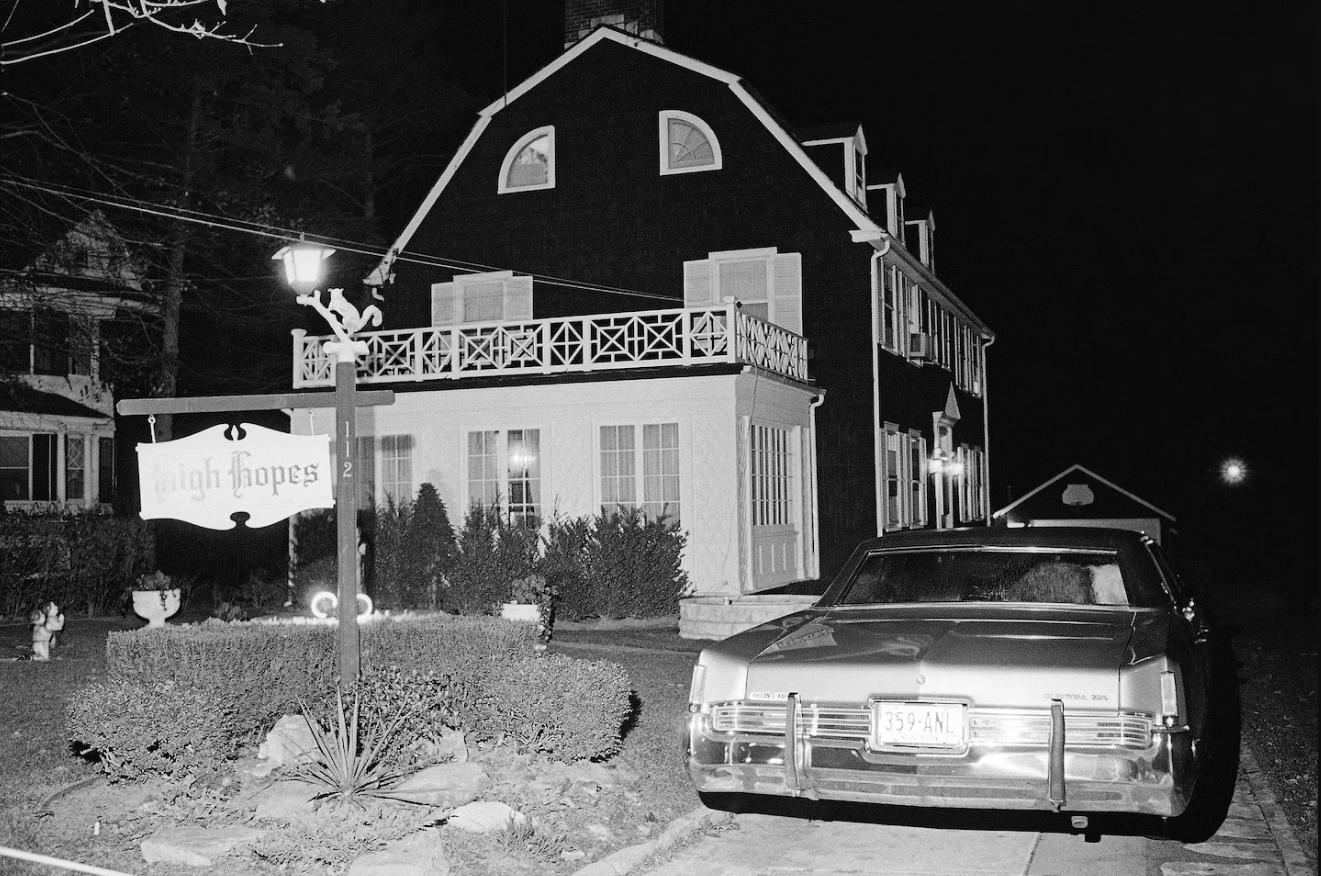For the past several years, real estate markets across the globe have experienced a surge in prices, with properties reaching record highs and demand showing little sign of slowing down. Cities once deemed unaffordable have become even more expensive, and first-time homebuyers are finding it increasingly difficult to enter the market. While this boom has created substantial wealth for property owners and investors, many wonder when the real estate bubble will finally burst. Understanding the causes, signs, and risks of a potential collapse is crucial for anyone navigating today’s real estate market.
What Is a Real Estate Market Bubble?
A real estate market bubble occurs when property prices rise far beyond their true value, driven by speculation, irrational demand, and a lack of regulation. Demand often exceeds supply during a bubble, but fundamental economic factors like wage growth or population increases do not drive it. Instead, it’s fueled by the belief that prices will continue to rise, leading more buyers to enter the market hoping to make a profit. Eventually, the market becomes unsustainable, and when demand cools, or external factors trigger a downturn, prices crash, causing widespread financial loss.
The Signs of a Real Estate Bubble
While it’s challenging to predict precisely when a real estate bubble will burst, several key indicators can signal the market is overheated, and a collapse may be imminent.
Skyrocketing Prices: One of the most apparent signs of a bubble is rapidly rising home prices. In many cities, property values have increased at an unsustainable pace, far outpacing inflation and average wage growth. When home prices become disconnected from the broader economic fundamentals, it’s a red flag that a bubble might be forming.
Speculative Buying: A surge in speculative buying, where investors purchase properties not to live in but to resell at a higher price, often marks the beginning of a bubble. This activity drives prices up artificially and creates a market driven more by short-term gains than long-term stability.
Lending Practices: When banks loosen lending standards and offer loans to buyers who may not afford them, it often leads to a housing bubble. For example, during the 2008 financial crisis, subprime mortgages (loans given to borrowers with poor credit) were a key factor in the collapse. Today, there’s concern that some banks may repeat the same risky lending behaviors, offering adjustable-rate mortgages or interest-only loans that could lead to defaults.
Overconfidence and FOMO: The fear of missing out (FOMO) is a powerful force in any bubble. As more buyers jump into the market, they often do so because they believe that property prices will continue to rise indefinitely. This creates a herd mentality where more and more people are willing to pay inflated prices, believing they’ll be able to sell for a profit later. This psychological factor can fuel the bubble but also contributes to its inevitable collapse when prices fall.
When Will the Boom End?
The question of when the real estate boom will collapse is difficult to answer. Economic factors such as interest rates, inflation, and job growth play a crucial role in determining the housing market’s stability. In recent years, low interest rates have fueled demand by making borrowing cheaper. However, with central banks worldwide raising interest rates to combat inflation, borrowing costs have started to climb. Higher mortgage rates could lead to a slowdown in homebuying activity, which might trigger the bubble’s collapse.
Additionally, demand for homes could weaken as more people are priced out of the market. If fewer buyers can afford homes, sellers may be forced to lower their asking prices, setting off a chain reaction that causes prices to fall across the board.
Another factor contributing to the potential collapse is the increasing global recession risk. Economic uncertainty, trade tensions, and other geopolitical risks can make the real estate market volatile. If the global economy slows, the demand for real estate may cool, leading to a correction in home prices.
What Happens When the Bubble Bursts?
If the real estate bubble does collapse, it could have widespread consequences for homeowners, investors, and the economy as a whole. Homeowners who bought during the market’s peak may find themselves underwater, owing more on their mortgage than their property is worth. Foreclosures could rise, and banks may face significant losses from bad loans.
For the broader economy, a real estate market collapse can lead to job losses in construction, real estate, and related industries. Falling home prices can erode consumer confidence and reduce household wealth, leading to lower spending and a slowdown in economic growth.
How to Prepare for a Potential Collapse
If you’re considering buying a home in today’s market, it’s essential to approach the process cautiously. Make sure you’re buying a property that fits within your budget and not overextending yourself based on the assumption that prices will keep rising. Consider the long-term value of the property rather than speculating on short-term gains.
It may be a good time to reassess your portfolio if you’re already a homeowner or investor. Diversifying your investments and avoiding high-risk properties could protect you from a downturn. Being financially prepared for a market correction can help weather the storm if the bubble eventually bursts.
Conclusion
The real estate market is experiencing a boom, but the signs of a potential collapse are hard to ignore. While no one can predict precisely when the bubble will burst, buyers, sellers, and investors must stay informed and cautious. By understanding the risks and keeping a long-term perspective, you can better navigate the volatile real estate market and avoid being caught off guard when the inevitable correction occurs.




